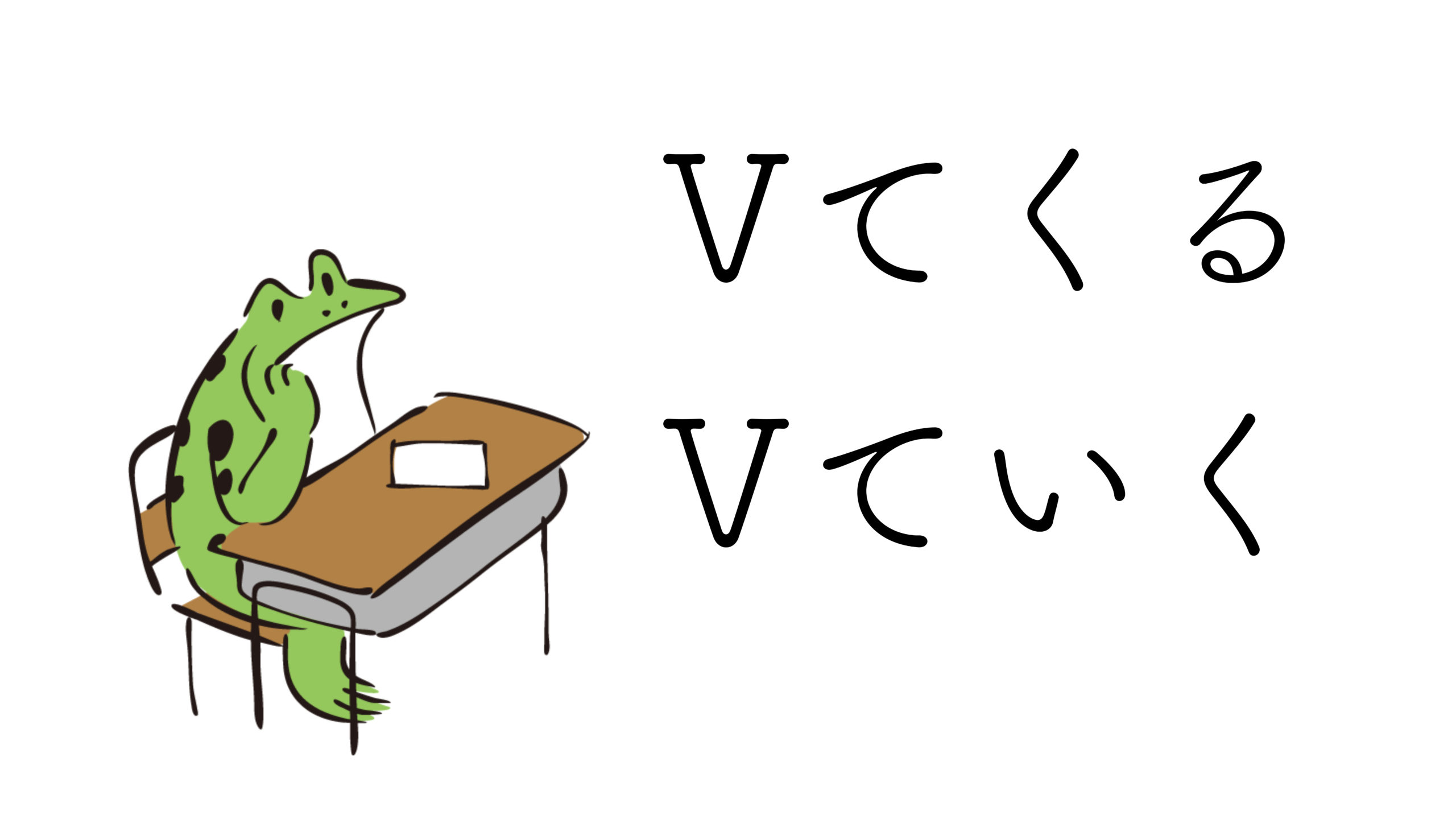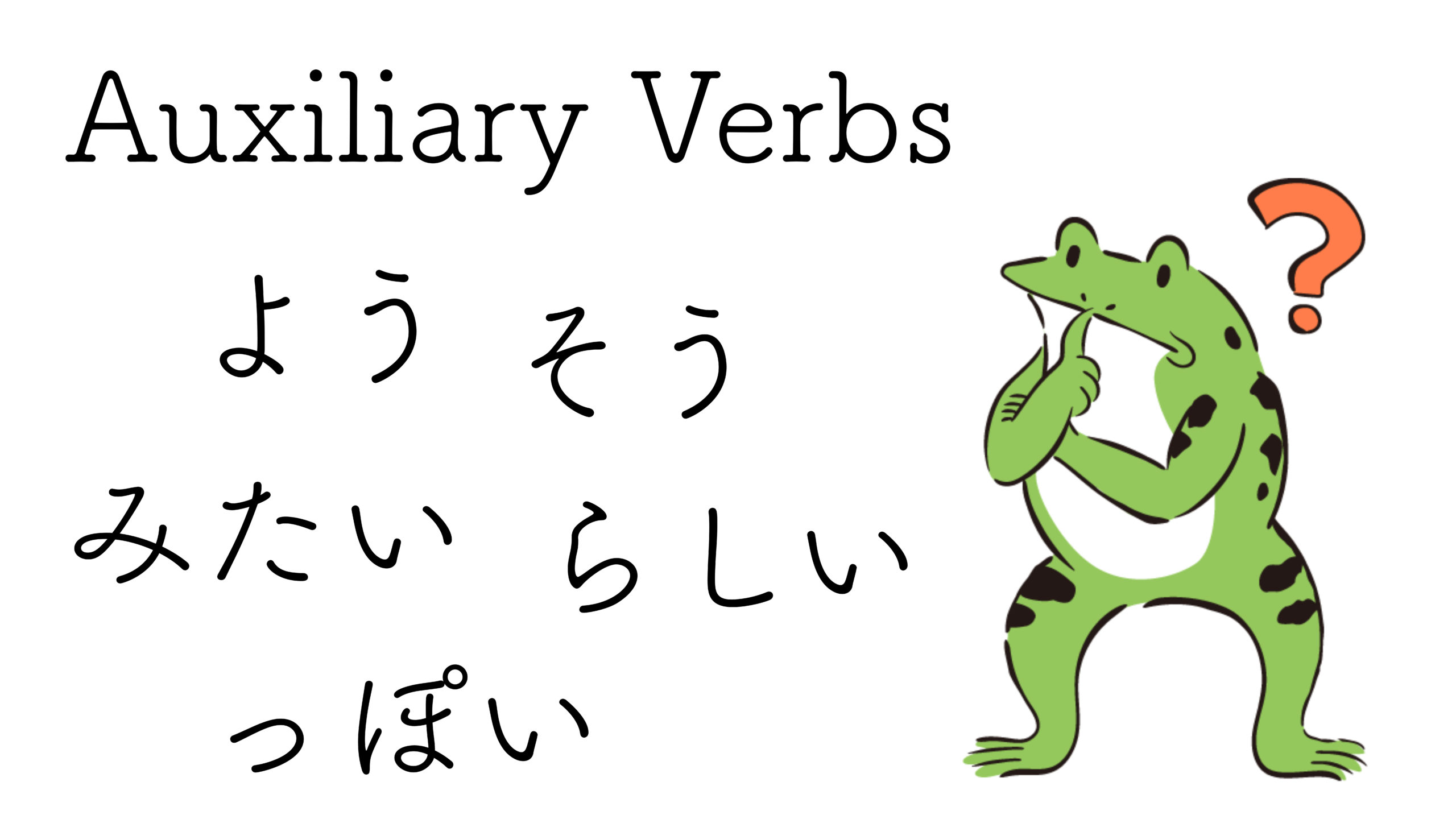Let’s look at the grammar point: the conjunctive particle て (で) today.
動詞の活用 – Verb conjugation – (Verb dictionary form to verb て-form)
| Group 1 (U-verb) | Example | ||
| 〇〇う OR 〇〇つ OR 〇〇る ⬇︎ 〇〇って | 言う(いう) IU ⬇︎ 言って(いって) ITTE | 待つ(まつ) MATSU ⬇︎ 待って(まって) MATTE | 作る(つくる) TSUKURU ⬇︎ 作って(つくって) TSUKUTTE |
| 〇〇ぬ OR 〇〇ぶ OR 〇〇む ⬇︎ 〇〇んで | 死ぬ(しぬ) SHINU ⬇︎ 死んで(しんで) SHINDE | 学ぶ(まなぶ) MANABU ⬇︎ 学んで(まなんで) MANANDE | 飲む(のむ) NOMU ⬇︎ 飲んで(のんで) NONDE |
| 〇〇く ⬇︎1 〇〇いて 〇〇ぐ ⬇︎2 〇〇いで 〇〇す ⬇︎3 〇〇して | 書く(かく) KAKU ⬇︎1 書いて(かいて) KAITE ※EXEPTION 行く IKU ⬇︎ 行って ITTE | 急ぐ(いそぐ) ISOGU ⬇︎2 急いで(いそいで) ISOIDE | 話す(はなす) HANASU ⬇︎3 話して(はなして) HANASHITE |
| Group 2 (RU-verb) | Example |
| 〇〇る ⬇︎ 〇〇て | 見る(みる) MIRU ⬇︎ 見て(みて) MITE 食べる(たべる) TABERU ⬇︎ 食べて(たべて) TABETE |
| Group 3 (Irregular) | Example |
| 来る する | 来る(くる) KURU ⬇︎ 来て(きて) KITE する SURU ⬇︎ して SHITE |
形容詞の活用 – Adjective conjugation – (い and な adjectives to adjective て-form)
| い-adjective | な-adjective |
| 〇〇い ⬇︎ 〇〇くて | 〇〇な ⬇︎ 〇〇で |
| 高い(たかい) TAKAI ⬇︎ 高くて(たかくて) TAKAKUTE 美味しい(おいしい) OISHII ⬇︎ 美味しくて(おいしくて) OISHIKUTE 美しい(うつくしい) UTSUKUSHII ⬇︎ 美しくて(うつくしくて) UTSUKUSHIKUTE 優しい(やさしい) YASASHII ⬇︎ 優しくて(やさしくて) YASASHIKUTE 良い(いい/よい) II/YOI ⬇︎ 良くて(よくて) YOKUTE *Cannot say “いくて” | 静かな(しずかな) SHIZUKANA ⬇︎ 静かで(しずかで) SHIZUKADE 綺麗な(きれいな) KIREINA ⬇︎ 綺麗で(きれいで) KIREIDE 好きな(すきな) SUKINA ⬇︎ 好きで(すきで) SUKIDE 快適な(かいてきな) KAITEKINA ⬇︎ 快適で(かいてきで) KAITEKIDE 便利な(べんりな) BENRINA ⬇︎ 便利で(べんりで) BENRIDE |
Point 1: And
初めての日本旅行は、たくさん食べて飲んで、とても楽しかったです。
My first trip to Japan was so much fun as I ate and drank a lot.
友達の結婚式で、朝まで歌って踊りました!
I sang and danced until morning at my friend’s wedding!
この展覧会は、目で見て耳で聞いて楽しんでください。
Please enjoy this exhibition with your eye for watching and ear for listening.
Point 2: Since, after
頭が痛かったけど、薬を飲んで30分で効いてきました。
I had a headache but I took medicine and it started working after 30 minutes.
日本語を勉強し始めてどのくらいですか?
How long has it been since you started studying Japanese?
コンビニでお昼を買って会社に行きました。
I bought lunch at a convenience store and then went to the office.
Point 3: Cause, reason
友達とハイキングに行こうと話していたけど、突然雨が降ってきて行けませんでした。
I was talking with my friend to go for a hike but it started raining suddenly so we couldn’t.
最近仕事が忙しくて寝不足です。
I have a lack of sleep because I’m so busy at work lately.
一緒に旅行できて嬉しかったです。
I was glad to travel with you.
You can also use から (more subjective) or ので (more objective) instead of using the て form to indicate the reason for the result. When using から or ので, the part stating a reason is more emphasised, while the て form functions more like a conjunction.
For example:
突然雨が降ってきたから(or ので)ハイキングに行けませんでした。
仕事が忙しいから(or ので)寝不足です。
一緒に旅行できたから(or ので)嬉しかったです。
Point 4: And, also, additionally
あのレストランはどの料理もとても美味しくて、値段はリーズナブルです。
Every dish is tasty and the prices are inexpensive at that restaurant.
私の夫は優しくて強い人です。
My husband is not only kind but also tough.
このかばんは柔らかくて丈夫です。
This bag is soft and durable.
参考 (Reference)
https://www.jpf.go.jp/j/urawa/j_rsorcs/textbook/setsumei_pdf/setsumei06_5.pdf




Comments